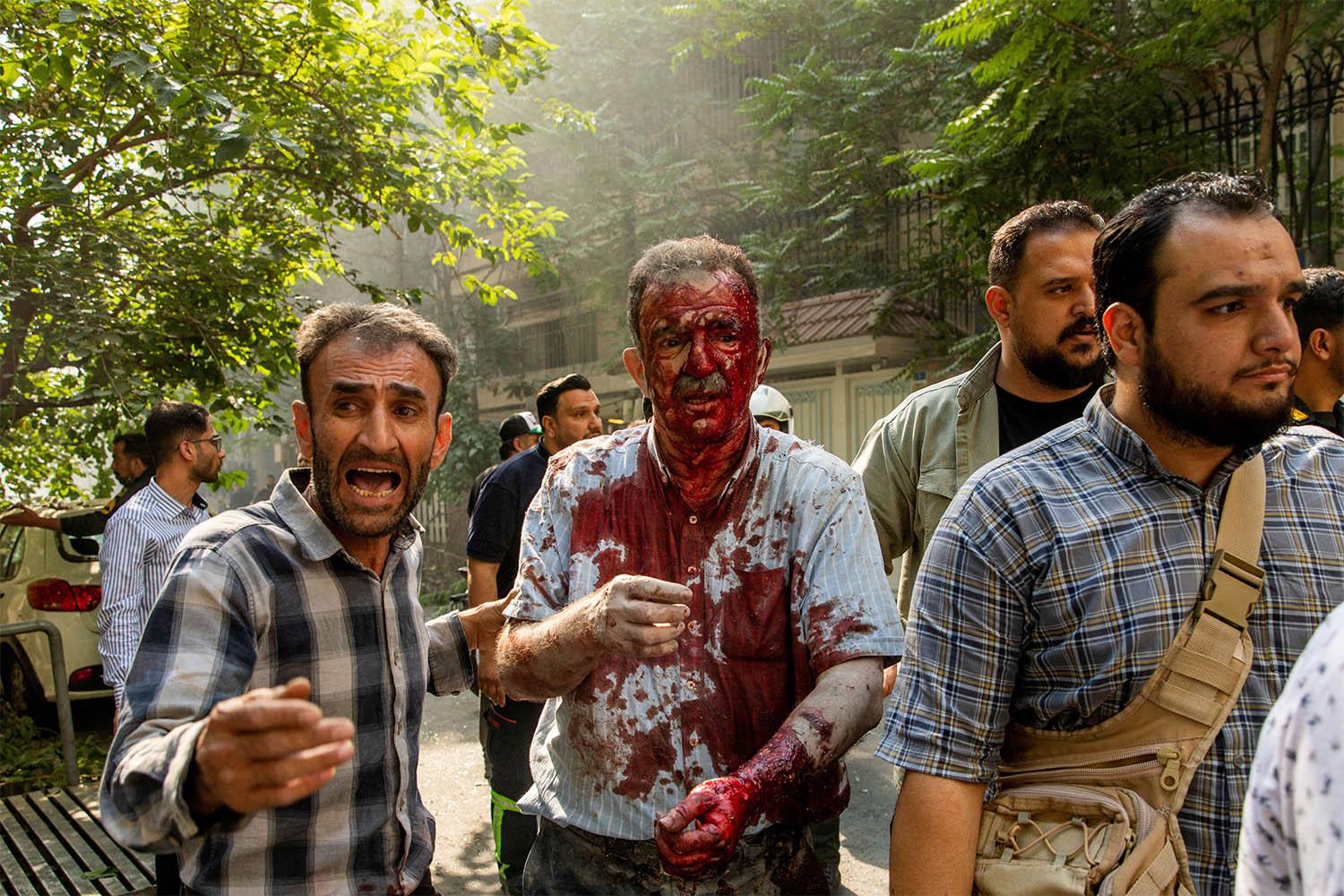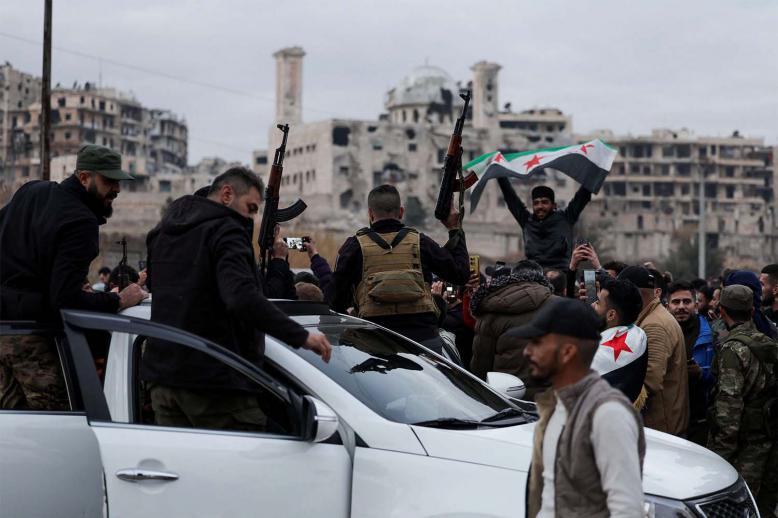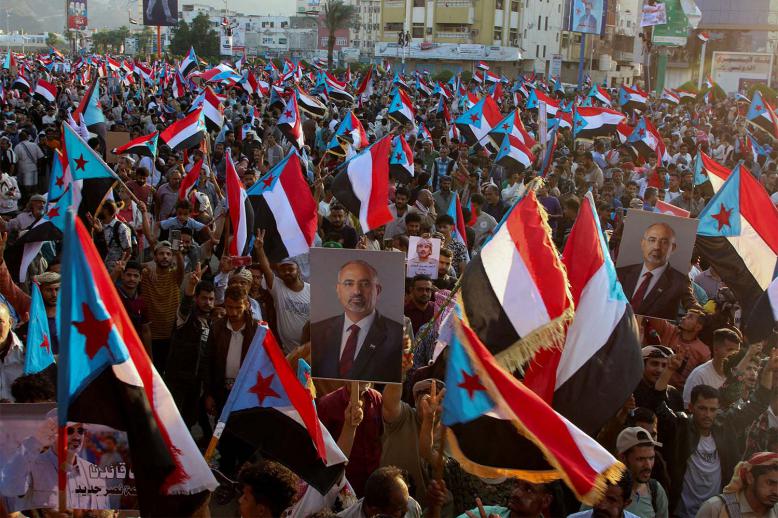Thousands of Iranians flee Tehran for safety
DUBAI - Thousands of residents of the Iranian capital Tehran are fleeing their homes and stockpiling essential supplies for fear that Israel's airstrike campaign against longtime foe Iran will escalate in the coming days.
The Israeli military has warned Iranian civilians in a series of messages to leave some areas for their own safety, raising the prospect of a widening barrage of aerial attacks.
Iranian authorities have rejected the messages as "psychological warfare" and urged the population not to panic, although state television has aired footage of traffic jams on roads leading out of the capital.
"We have nowhere to go. Where should we go? How long should we stay away from our homes?" 38-year-old Shahriyar, said by phone from Tehran, a city of over 10 million people.
Art teacher Arshia, 29, told Reuters that his family was leaving for the town of Damavand, around 50 km (30 miles) east of Tehran, until the conflict was over.
"My parents are scared. Every night there are attacks, no air raid sirens, and no shelters to go to. Why are we paying the price for the Islamic Republic's hostile policies?" said Arshia, who withheld his surname for fear of reprisal from authorities.
The attacks have spread a sense of dread across the sprawling Islamic Republic, exposing critical gaps in safety measures, particularly the lack of adequate bomb shelters.
Despite having built several underground missile "cities", Iran lacks public bomb shelters. However, the government said on Sunday that mosques, schools and subways would be open around the clock to serve as shelters during Israeli attacks.
"There were no sirens, no shelters to go to. Now it is even worse, we cannot withdraw cash from ATMs, from banks," said Gholamreza Mohammadi, 48, a government employee in Tehran.
"It is so difficult to rent a place outside Tehran ... also prices of food are increasing every day as shopkeepers are increasing prices of goods."
He continued: "I am desperate. My two children are scared and cannot sleep at night because of the sound of air defence and attacks, explosions. But we have nowhere to go. We hid under our dining table."
The death toll in Iran has reached at least 224, with civilians accounting for 90% of the casualties, an Iranian official said. In Israel, 24 people have been killed by retaliatory Iranian missile strikes, all of them civilians.
NetBlocks, an independent agency that tracks internet flows, reported a nearly 50% decline in international internet access for Iranians, confirming user reports of online outages since Israel launched its airstrikes on Friday.
The security forces have issued warnings against any contacts with Israel, according to state media, while dozens had been arrested for allegedly "spying for Israel or inciting public opinion by spreading lies".
FEARS FOR FOOD AND MEDICINE STOCKS
Iran's semi-official Fars news agency reported that since Sunday, the hardline volunteer Basij militia had erected checkpoints across the country and carried out night patrols to prevent acts of sabotage and strengthen security.
Mohammad, 45, said he had already sent his wife and children from Tehran to his hometown in southern Iran. "I could not leave because of my job but I wanted my family to be safe."
Many residents fled overnight on Monday after several districts of Tehran were struck by Israeli missiles.
"It was worse than other nights. Explosion after explosion. Many of our friends left this morning, we will leave too. Just trying to get some cash from the bank," said Maryam, 33, a teacher in Tehran.
A resident of Tehran’s Ekbatan neighbourhood said: "One bank had a withdrawal limit of 150 million rials (about $160), but most were only allowing 30 million rials ($32)."
"I went to the bank and they told me people couldn't withdraw as much as they want from their accounts, otherwise they would run out of cash," he said.
Three shopkeepers in Tehran told Reuters people were stocking up on food and gas cylinders for cooking, and water. Ramin, 48, said his pharmacy had been swamped by customers.
"People are stockpiling medicine, especially elderly who fear their essential supplies may become scarce because of the war," he said.
The government has assured people that there are sufficient stocks of food and medicine.
"I do not trust the authorities. They said Israel would not dare to attack Iran and look where we are," said Tehran resident Zeynab, 67, a retired bank employee. "I have children and grandchildren. We have to stock up. No one knows what will happen and when this war will end."






